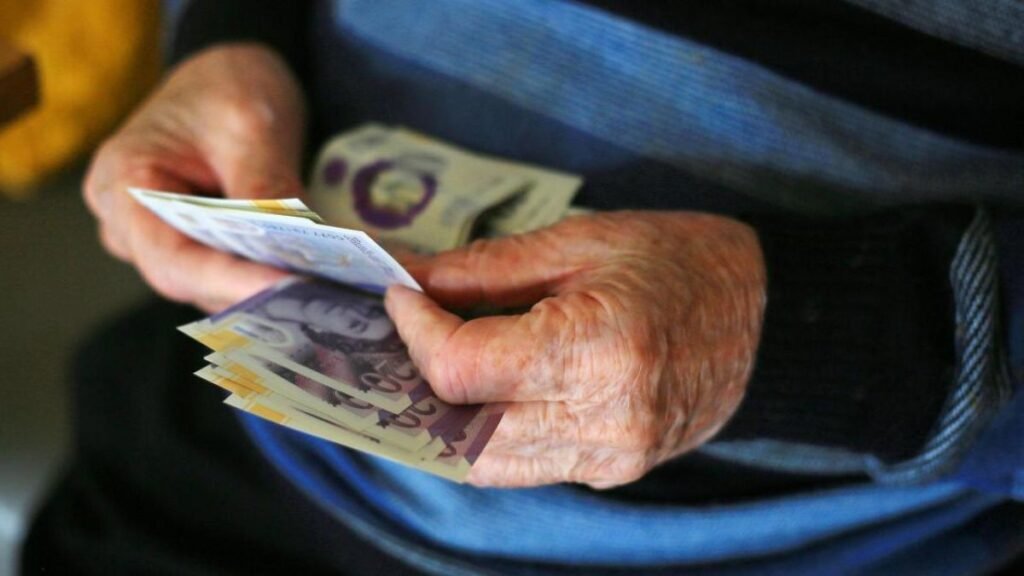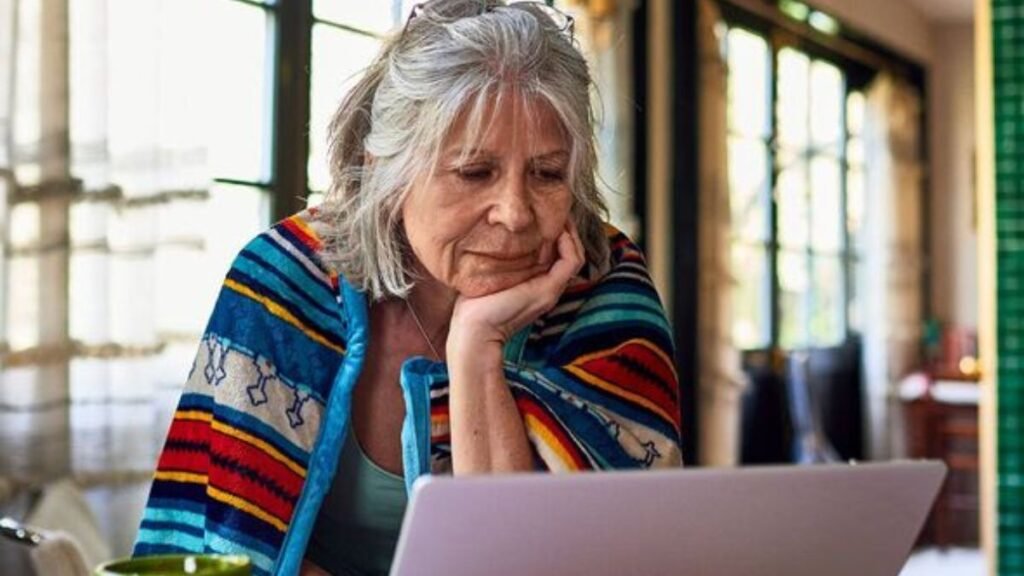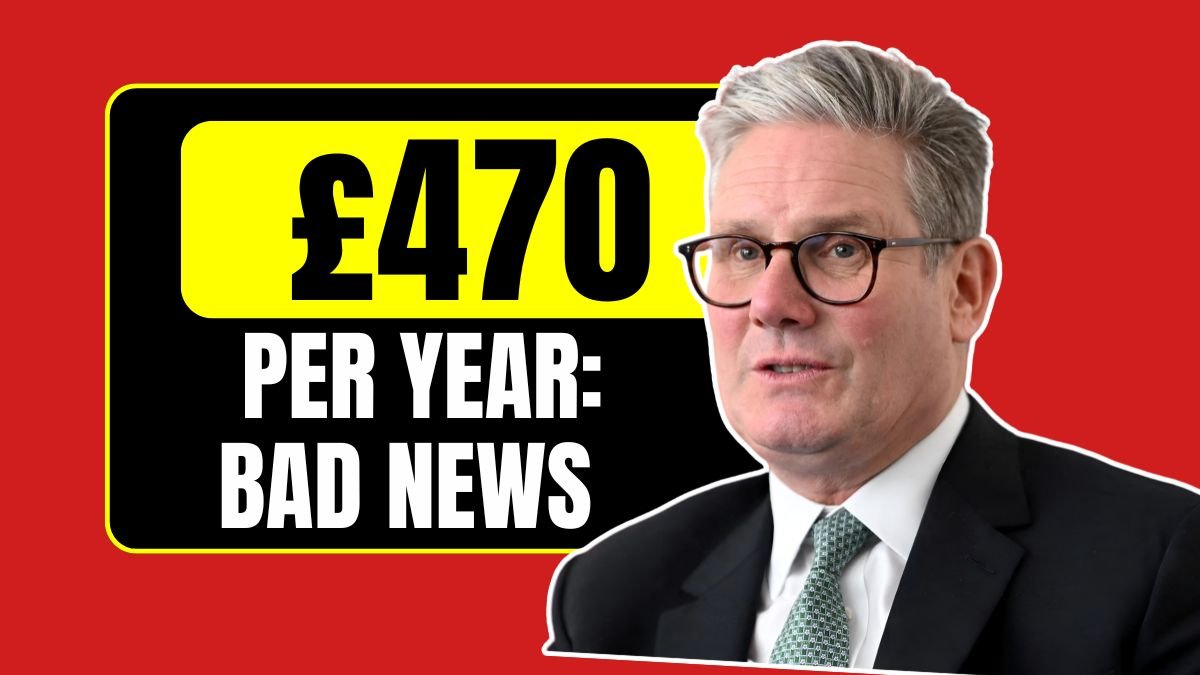If you’re a British expat, especially DWP someone living overseas in places like Canada or Australia, you might already know the feeling: your UK state pension—it’s the same as it’s always been. While your friends and family back home have seen their pensions rise year after year thanks to the Triple Lock, yours hasn’t budged, sometimes for decades. That’s because of the so-called “frozen pensions” policy, which leaves almost 453,000 British pensioners abroad missing out on increases that could mean up to £470 a year.
What Exactly Is “Frozen Pensions”?
Let’s break it down.
In the UK, the state pension increases annually by whichever is highest among these three: inflation, average wage growth, or a guaranteed boost of 2.5%—this is called the Triple Lock. It ensures pensions hold their value over time.
But here’s the quirk—if you’re living outside certain countries, that mechanism doesn’t apply. Your pension simply stays the same as it was when you first started receiving it, with no yearly increases. That’s why someone who moved to, say, Canada in the 1990s could still be locked into a 1990s pension rate today.
Why Are Only Some Countries Exempt?

The UK government only adjusts pensions every year for retirees living in countries with specific agreements or those in the EEA (European Economic Area) and Switzerland. That means you’ll keep getting full annual increases if you live in places like France, Germany, Italy, the USA, Israel, Turkey, Jamaica, Mauritius, Barbados, Philippines—or any other country with a social security agreement.
But if you live in Canada, Australia, New Zealand, South Africa, India, Thailand, Kenya, Pakistan, Nigeria—or many others—the policy doesn’t apply, and your pension remains frozen.
So Who’s Missing Out?
Let’s talk numbers—almost half a million retirees abroad. That’s not a small group. According to the campaign group End Frozen Pensions International, about 453,000 people fall into this category, many of them in Australia and Canada. Each year they miss out on around £470 due to the frozen pensions policy. Over time, that adds up—over a decade, it could mean £4,700 or more down the drain.
The Real-Life Toll
Imagine being called by your daughter in Brisbane who wants you to move closer to them. But you know the move would trigger a freeze, meaning:
And you hear things like:
“You get the increase if you live in Trump-land USA, but not if you live in Canada. Make sense of that if you can.”
Or someone pointing out the irony during Commonwealth Week:
“All these countries are old Commonwealth countries. Strange on a week when we celebrated the Commonwealth.”
It hurts when fairness seems selective, and the inconsistency stings even more when families are separated by policy quirks.
Why Does the UK Hold This Policy?
The official stance: pension uprating only happens in countries with reciprocal social security agreements, because it’s part of a bilateral negotiation and sharing of risks.
But critics argue that it’s less about legal necessity and more about political convenience. They say the fix would cost only a small fraction of what the UK spends annually on state pensions, and that the human cost—people living on pensions frozen sometimes for 20, 30 years—far outweighs the financial impact.
Could Things Change?
The current freeze rule has come under growing political scrutiny. Campaigners are calling for a rethink, especially given the UK’s commitments to fairness and its relationships with Commonwealth countries.
There’s even brewing optimism that having a UK governor-general in Canada—someone like Mark Carney—could give new diplomatic leverage to push for reciprocal pension agreements. If successful, ends to the frozen pensions policy in countries like Canada and Australia could follow.
What Would “Unfreezing” Mean?

For the 453,000 affected pensioners, it would mean something like this:
- Getting yearly increases again—£470 added to their income each year.
- Over a decade, that’s an extra £4,700.
- More than just money—it brings dignity, choices, and stronger independence.
Where It Stands Now
- 453,000 UK retirees abroad affected.
- Countries like Australia, Canada, New Zealand, India, and many more are included.
- Contrastingly, EEA countries, Switzerland, USA, and some former Commonwealth nations do receive increases.
- Campaign groups and parliamentary inquiries are pushing for change.
- Politicians in Canada, like possible governor-general hopefuls, may influence diplomacy on this issue.
Why This Matters to You
If you or someone you know is a UK pensioner living abroad—especially in a “frozen” country—this affects you directly. You’re missing out. You’re potentially living on decades-old pension income. And the longer the freeze lasts, the bigger the disparity becomes.
If you’ve felt the pinch or been forced to make compromises because your pension didn’t move with the cost of living, you’re not alone. And this campaign might just be the turning point you’ve been waiting for.
What Can You Do?
- Join or support advocacy groups like End Frozen Pensions International
- Write to your MP or local representative, especially in the UK or abroad where you live
- Stay informed—media coverage and Parliament committee discussions may lead to reform
- Stay hopeful—real change can happen, and it would resonate with fairness and respect for pensioners
Conclusion
The frozen pensions policy is a relic that costs British expats dearly—financially and emotionally. It affects nearly half a million retirees in countries like Canada and Australia, preventing them from receiving the annual Triple Lock uplift. That means as prices go up back in the UK, their pensions fall behind.
But as more people demand change, and as international diplomacy gets involved, there’s hope that pensioners abroad might finally see pensions that grow with the cost of living—and a fair shot at peace in retirement.
Here’s hoping that when change does come, it’ll be more than an update on paper—it’ll be restoration of dignity, equity, and trust for those who gave so much to Britain.
If any of this resonates with you or someone you know, you don’t have to wait for someone else to raise their voice. Reach out to MPs, share your story, and keep an eye out for developments. This policy may be outdated, but together we can start a conversation that sets things right.
FAQs
Q1. What is the £470 DWP payment?
This refers to the average annual amount that many UK pensioners may lose due to the frozen state pension policy.
Q2. What does ‘frozen pension’ mean?
It means that certain pensioners do not receive yearly state pension increases (triple lock adjustments) if they live in specific countries abroad.
Q3. Who is affected by this policy?
UK state pensioners who have moved to countries like Australia, Canada, and New Zealand (non-reciprocal agreement nations).
Q4. Why are these pensions frozen?
Because the UK government does not have pension uprating agreements with some countries, leading to no yearly pension increases for residents there.
Q5. How much could someone lose annually?
On average, around £470 per year, but the total loss increases over time due to inflation.


